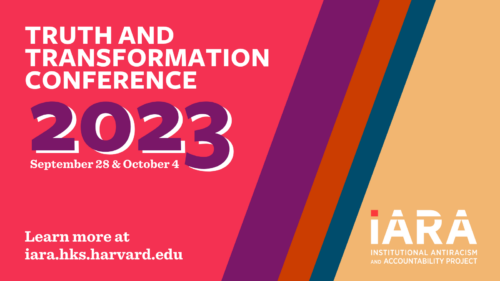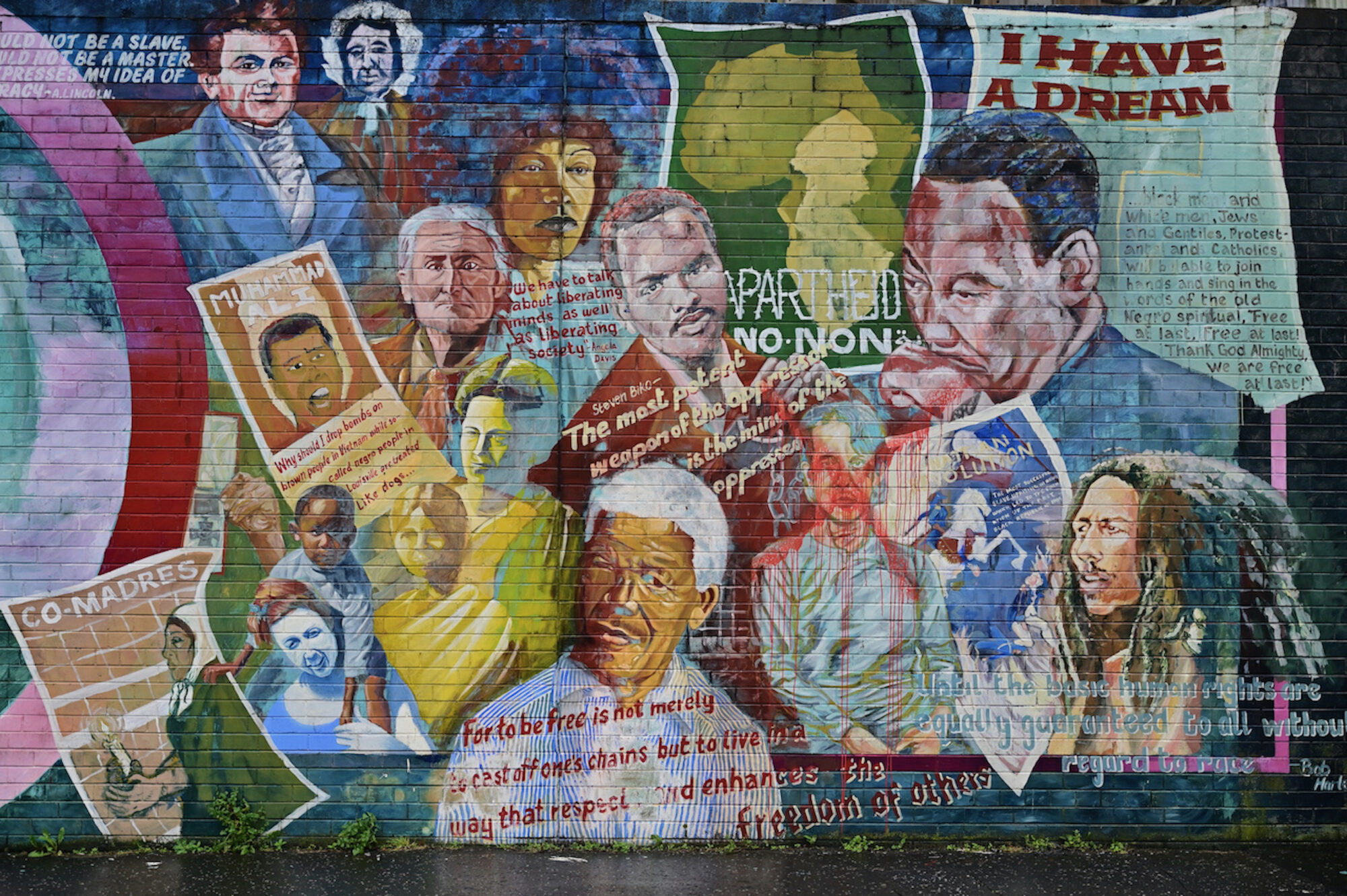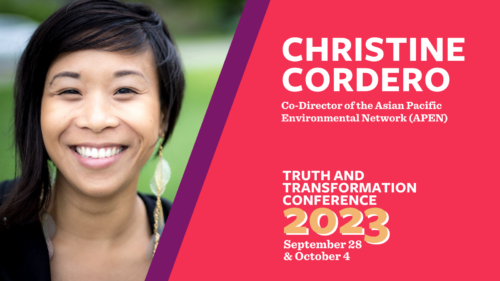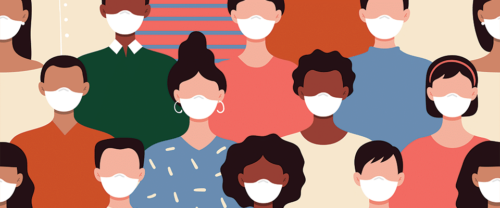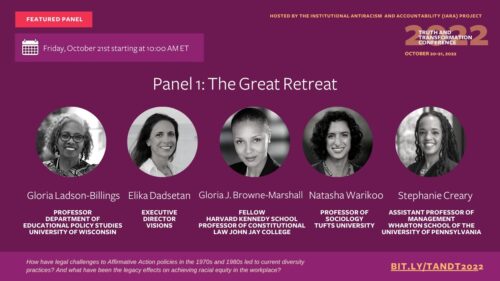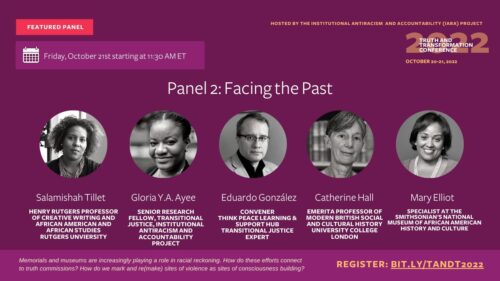Founded and led by Professor Khalil Gibran Muhammad while at the Harvard Kennedy School, the IARA Project is based today at the School for Public and International Affairs at Princeton University.
Ash is delighted to continue collaborating with Professor Muhammad and IARA on two key projects which are critical to its mission of advancing a multi-ethnic and multiracial democracy.
Past events, papers, and other resources are available below. You can learn more about their current work at iara.spia.princeton.edu.
The Institutional Antiracism and Accountability (IARA) Project conducts rigorous research to find what works — and doesn’t — to create antiracist change.
As institutions make commitments to racial equity, there’s a growing need for effective and implementable policies and practices. Research can play a crucial role in identifying field-tested solutions.
Practitioners in the field want to know: Which structures and strategies are proven to achieve more equitable outcomes for Black, Indigenous, and communities of color? And which are ineffective or even harmful? The IARA Project evaluates these efforts to move organizations from words to action to accountability.
What does this look like in practice?
IARA’s current work includes:
- Race, Research, and Policy Portal: A free online resource that features easily accessible research summaries on diversity, racial equity, and organizational change.
- Global Processes of Justice, Truth–Telling, and Healing: This three-year project surveys international examples of truth-telling and societal repair, learning directly from those involved in truth commissions across the world and locally in the U.S.
- Healthcare Institutions: This research focuses on the organizational practices and policy changes that effectively create institutional change and community health equity.
- Bias Education: This project aims to inspire parents, teachers, and school leaders to disrupt racism, sexism, xenophobia, and other harmful biases in early childhood education and curricula.
